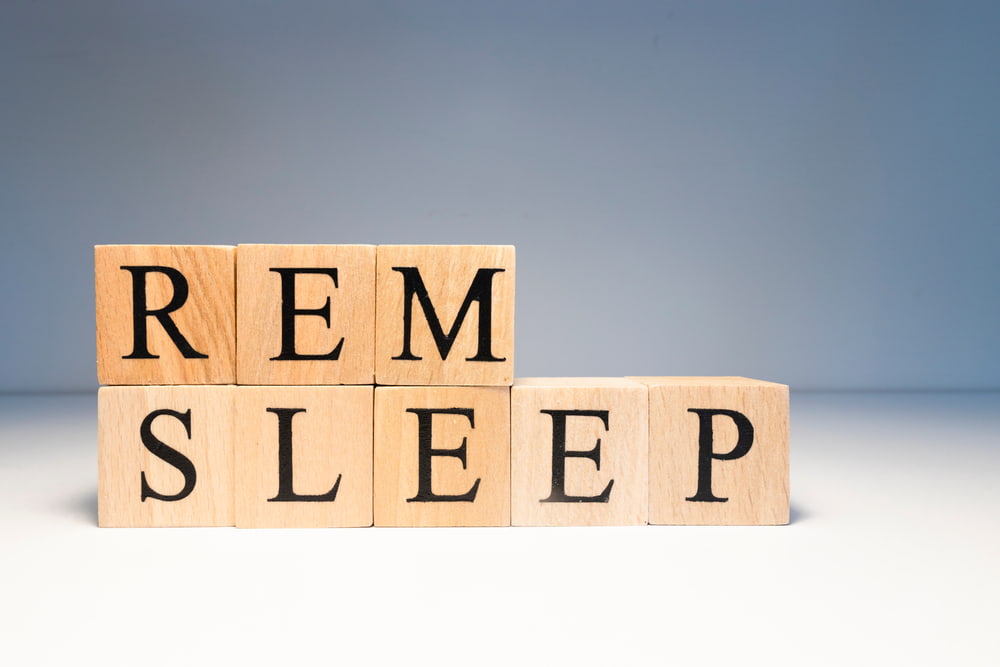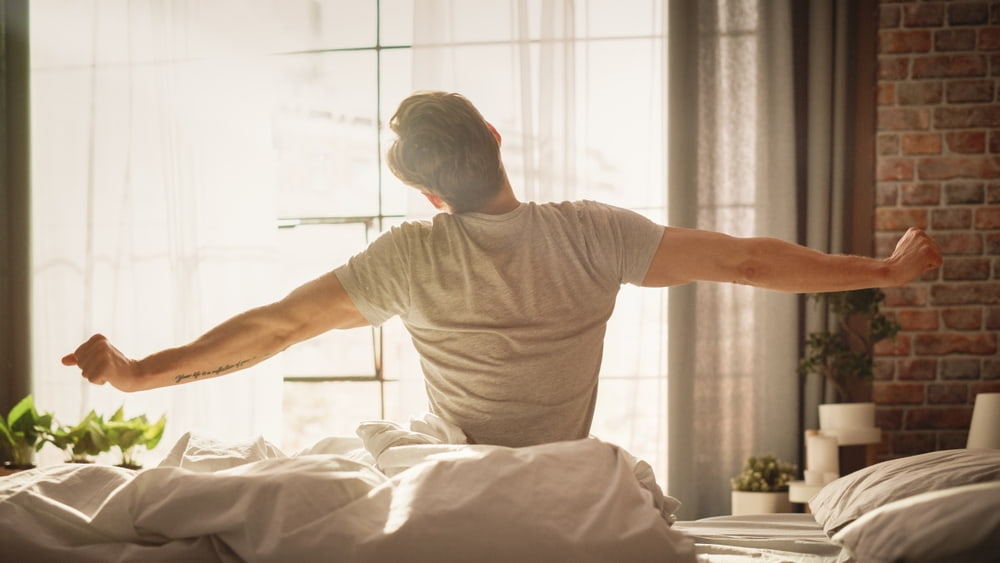Lifestyle changes to improve sleep quality naturally


Improve sleep quality naturally by adopting simple lifestyle changes and calming bedtime routines that support deep, restful sleep. Adequate sleep is a crucial pillar of health, and it is often underestimated in the rapidly progressing and screen-dominating world we live in. Inadequate sleep quality can impact mood, productivity, and the general state of one’s health. Thankfully, there are natural methods to aid in sleeping and getting you to wake up feeling revitalized and full of energy.
Inspired by the wisdom of such authors as Eckhart Tolle, pursuing The Power of Now, and James Clear, searching for Atomic Habits, this article offers simple, scientifically proven sleep tips. Whether you have insomnia, need to fall asleep quicker, or want to improve the quality of your sleep, you can gain many positive effects from the following sports lifestyle alterations.
Why Sleep Quality Matters
Sleep is the base of physical, mental, and emotional in a human. It’s not just about the quantity of hours spent in bed but the quality that defines how well-rested and rejuvenated you feel. Poor sleep can have far-reaching consequences, affecting every aspect of life, from health to happiness.
The Consequences of Poor Sleep


Getting not enough sleep can result in many problems as well:
- Mental Health Problems: Sleep deprivation is linked to anxiety, depression, and increased emotional instability. A restless night can leave you feeling irritable and unfocused the next day.
- Physical Health Risks: Obesity, heart disease, diabetes, and a weakened immune system are the diseases caused by chronic lack of sleep. Sleep is the time for your body to recover and regenerate.
- Reduced Productivity: Without sufficient rest, cognitive functions such as memory, decision-making, and creativity suffer, making everyday tasks more challenging.
Research from The Journal of Clinical Sleep Medicine (Harvard Medical School, 2014) shows that blue light exposure from phones, tablets, and TVs before bedtime suppresses melatonin production, disrupting the natural sleep-wake cycle.
The Science Behind Good Sleep


Quality sleep involves cycling through different stages, each vital for specific functions:
- Deep Sleep: Essential for tissue repair, immune function, and physical recovery.
- REM Sleep: Supports learning, memory consolidation, and emotional regulation.
- Sleep Cycles: Your body needs multiple 90-minute sleep cycles each night to feel fully restored.
Why It Matters for Long-Term Health
Studies consistently show that individuals prioritizing sleep are less likely to develop chronic illnesses and enjoy a longer, healthier life. Furthermore, good sleep positively impacts mood, energy levels, and the ability to maintain healthy habits such as regular exercise and a balanced diet.
Question to Reflect On
Take a moment to consider: Is sleep your priority, even like other health aspects? What changes can you apply to your routine to improve sleep quality?
To maintain complete well-being and be unresponsive to different ills, one may be taught how to bring about perfect sleep patterns by knowing the great value of sound sleep.
Create a Relaxing Evening Routine
Why Evening Routines Matter
A consistent pre-sleep routine signals your brain that it’s time to wind down. This helps reduce stress and prepare your body for deep sleep.
Practical Tips for an Evening Routine


- Set a Consistent Bedtime: Sleeping simultaneously every night helps regulate your internal clock.
- Limit Screen Time: Lower the contrast settings available at night. This means the blue from their screens will not disturb you while sleeping.
- Incorporate Relaxing Activities: Read a book, practice gentle yoga, or listen to calming music.
- Try Aromatherapy: Scents like lavender and chamomile promote relaxation.
Quick Tip: Inspired by The Happiness Project, start a gratitude journal before bed to release stress and focus on positive thoughts.
Question: What activities help you feel calm and ready for sleep?
Optimize Your Sleep Environment
Creating the Perfect Sleep Space


Your bedroom should be a sanctuary for rest. Here’s how to set it up:
- Keep It Cool: A temperature between 60-67°F is ideal for sleep.
- Block Out Light: Eliminate disturbances with blackout curtains or the strategic use of an eye mask.
- Reduce Noise: Block out the noise using a white noise machine or earplugs.
- Choose Comfortable Bedding: Opt for a supportive mattress and soft, breathable linens.
Declutter for Better Sleep
Inspired by Marie Kondo’s The Life-Changing Magic of Tidying Up, a bedroom free of clutter promotes relaxation and creates a calm and tranquil room setting.
Question: What changes can you make to your bedroom to enhance comfort and tranquility?
Adjust Your Daytime Habits
How Daytime Choices Affect Sleep
What you do during the day significantly impacts how well you sleep at night.
Healthy Habits for Better Sleep


- Get Morning Sunlight: Exposure to natural light helps regulate your circadian rhythm.
- Exercise Regularly: Physical activity boosts sleep quality, but avoid intense workouts close to bedtime.
- Limit Caffeine and Alcohol: Avoid these stimulants in the afternoon and evening.
- Eat Sleep-Friendly Foods: Include foods rich in magnesium (like bananas and almonds) and tryptophan (like turkey and oats).
Quick Tip: Inspired by Ikigai, align your daily activities with your purpose to reduce stress and improve overall well-being.
Question to Consider: Are your daily habits supporting or hindering your ability to sleep well?
Explore Natural Sleep Remedies
Safe and Effective Remedies


If you struggle with falling or staying asleep, consider these natural options:
- Herbal Teas: Chamomile, valerian root, and passionflower teas have calming properties.
- Melatonin Supplements: Use sparingly to reset your sleep-wake cycle.
- Meditation and Breathing Techniques: Practice mindfulness or deep breathing to calm your mind.
- Magnesium Supplements: This mineral promotes relaxation and reduces muscle tension.
Example: Jane, a teacher, overcame insomnia by drinking chamomile tea and practicing meditation before bed, leading to deeper, more restorative sleep.
Question to Consider: Which natural remedies have you tried, and did they help improve your sleep?
Manage Stress for Better Sleep
The Link Between Stress and Sleep
Stress can keep your mind racing, making relaxing and falling asleep difficult.
Stress Management Techniques


- Practice Mindfulness: Techniques from The Power of Now can help you focus on the present moment.
- Schedule Worry Time: Set aside 10 minutes earlier to write concerns and solutions.
- Engage in Relaxing Hobbies: Activities like knitting, painting, or gardening can calm your mind.
- Connect with Loved Ones: Quality time with family and friends reduces stress and promotes happiness.
Question: How can you incorporate stress-reducing activities into your daily routine?
Success Story: Edwin’s Sleep Transformation
Edwin, a 35-year-old marketing manager, could not sleep regularly because of his job and because he used screens until late at night. His life has changed since he decided to live a healthier lifestyle in the following ways which includes:
- Evening Routine: Edwin swapped scrolling through social media to read a book and meditate.
- Bedroom Upgrade: He invested in blackout curtains and a cooling mattress pad.
- Daytime Adjustments: Edwin started walking outdoors during lunch breaks and reduced caffeine intake.
- Stress Management: Inspired by mindfulness practices, he began journaling and prioritizing downtime.
Soon, Edwin was relieved to enjoy deep sleep, having the energy he needed, and feeling generally good. His experience exemplifies that small, consistent actions can bring about remarkable changes.
Sleep quality improvement without any pills is how to arrange conscious, small, minimal changes in your habits, surroundings, and mindset. A sleep cycle that keeps you feeling better as a person can be instilled if you put effort into prioritizing your sleep.
The main idea in crafting an evening routine to improve your bedroom environment is getting a better quality of the night and more power in the mornings. The message here is to remember that even though it may feel like it happens overnight, it is a gradual process, and it is best to be patient while seeing the smallest of improvements. The time and money you spend on good sleep serve as a long-term plan for you to remain healthy, happy, and even more effective at your work.









